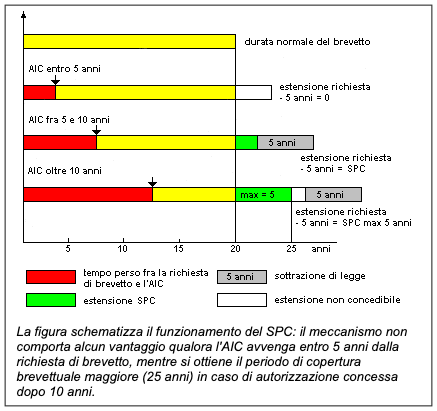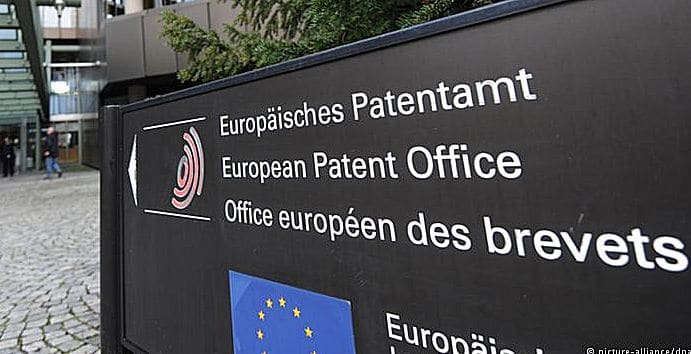The EU clashes with Big Pharma over the price of drugs
Corriere PL –From Diletta Fileni
European Union reforms aim to get new drugs to patients faster and cheaper, but this is against the interests of Big Pharma. As a result, drug price negotiations are becoming even more complex.
Soaring medical costs are weighing on global budgets as world leaders seek to contain inflation, yet price pressures are straining Europe's supply of cheaper, off-patent medicines. The issue is particularly sensitive in Europe, as demand for healthcare exceeds expectations and the war in Ukraine continues to drive up the prices of everything from energy to consumer goods.
The EU clashes with Big Pharma: why?
The reform project includes changes in the legislation of the European Union (EU) pharmaceutical industry. The plan is to shorten the period during which drug companies can sell their brand-name drugs without competition.
At present, companies that create newly formulated medicines can market them for ten years without fear of biosimilar medicines entering the market.
Ed: The patent of a drug is the marchio di esclusiva dell’azienda farmaceutica produttrice. 
The EU wants to shorten this period by two years. This would mean that cheaper drugs will be on the market sooner and therefore accessible to a larger population.
In fact, once a drug's patent expires, many pharmaceutical companies offer generic versions, which can then reduce the price down to 80-90%. Thus, less competition often allows for price increases, but also carries a higher risk of drug shortages.
European citizens need access to innovative and affordable healthcare products and services. Effective competition means that companies that manufacture pharmaceuticals, medical devices, or other health-related products and services compete with each other based on the quality and price of their products and services. As a result, companies are incentivized to invest in the development of new treatments and to charge more competitive prices.
When those circumstances prevail, the citizens win. On the other hand Big Pharma perceives the news in
While Roche and Novartis executives said this week they want authorities to see health as an investment rather than a cost. However, it's not as if all hope is lost for the pharmaceutical industry. There are still two months left to officially submit the legislative changes for approval, considering that it spends more than €40 million every year to influence EU policies, employing around 220 lobbyists.
